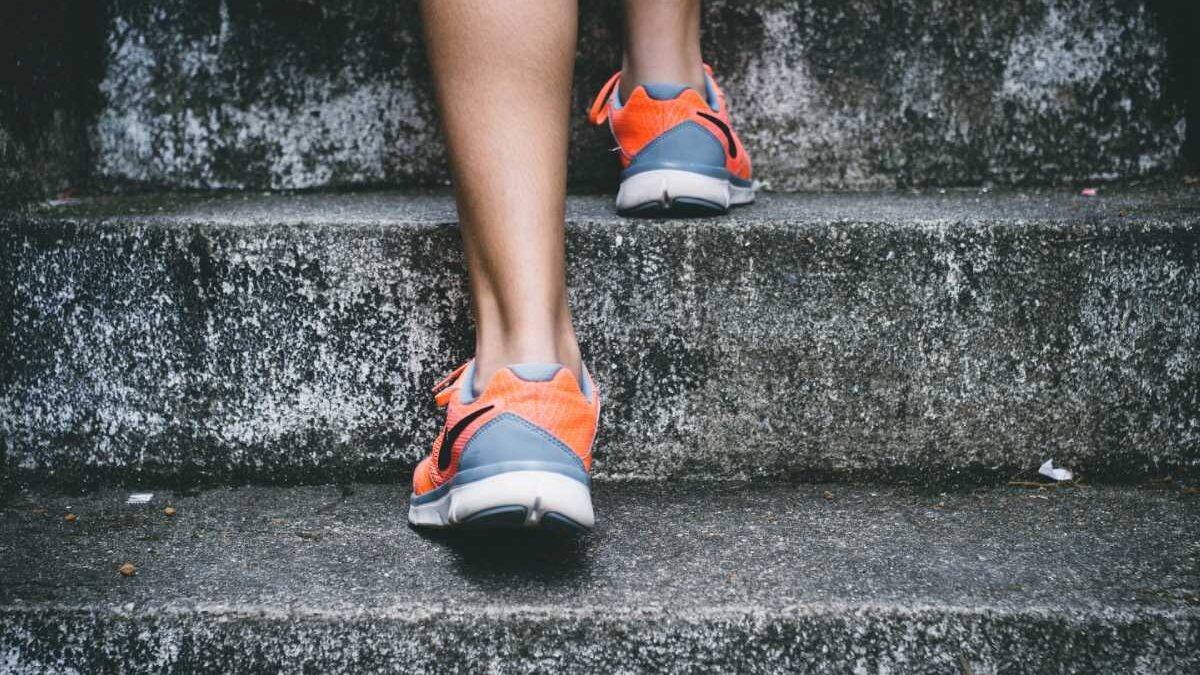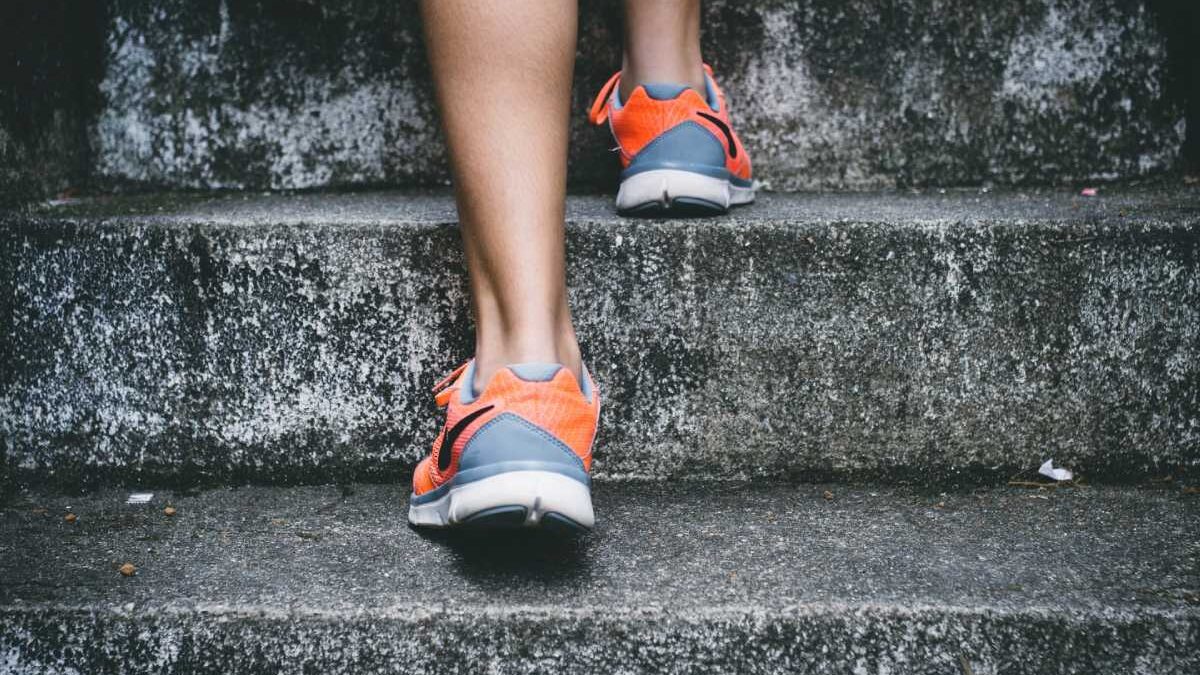
About 10.2 million Americans have osteoporosis and another 43.4 have osteopenia, which puts them at risk of fractures as they age. Exercise and maintaining a healthy body weight are both factors that promote bone health. Bone is a living tissue which responds to forces. Regular exercise causes the bone to adapt by becoming denser. In a new study, published in the Journal of Bone and Mineral Research, it was found that exercise can be vital even after weight loss surgery. The study found that a combination of high impact, resistance, and balance exercises performed three times a week resulted in heightened bone mineral density.
Why is exercise so important after weight loss surgery?
Weight loss surgery can be highly effective in combating obesity. However, it can also have a negative impact on bone health, as it can cause an impaired intestinal absorption, which can affect calcium production, and even lead to bone loss. Researchers at the University of Porto, Portugal, conducted a study in the Journal of Bone and Mineral Research that found participants in the exercise group had higher bone density than the control group. F Diniz-Sousa reported that exercise is a viable option for minimizing weight loss surgery-induced loss of bone. He said that “the findings may be especially important, since many patients undergo weight loss surgery at a young age or in the early stages of adulthood.”
Other Ways to Optimal Bone health
Many medications are available to treat osteoporosis, including antiresorptive and hormone-based drugs. SARMS are a newer approach to osteoporosis. They’re also known as ‘osteoanabolic drugs’. SARMS, also known as ‘osteoanabolic agents’, are molecular compounds which play a part in changing the way genes are turned on or off by tissues of the body. SARMS control many activities, including blood cell production and tissue growth. Some SARMS have also been shown to improve bone strength and prevent bone loss. SARMS may be prescribed by your doctor if you have low bones. SARMS are often taken with another drug (containing a bisphosphonate) and are particularly helpful for high-risk patients that may not be able exercise as much as needed.
Exercise as Early as Possible
Encourage your children to exercise if you have low bones density. A new study from the University of South Australia has shown that an adequate level of physical activity can maximize bone health in children. It was found that the balance between too little and too much physical activity is crucial. The study recommended that children get one and a half hours of moderate to vigorous exercise per day, 3.4 hours light physical activity, 8,2 hours sedentary, and 10.9 sleep hours.
In the United States, millions of people have osteoporosis and many more have low bones density. This is something that many people are unaware of, so it is important to have a bone density test if you’re over 40. Discuss with your doctor the possibility of starting an exercise program to maintain bone health if you’ve had weight loss surgery. SARMS and other approaches should be discussed with your doctor. Start your child on an exercise routine. Being physically active will help to improve their bone health as adults.
Related posts


